Our Imams
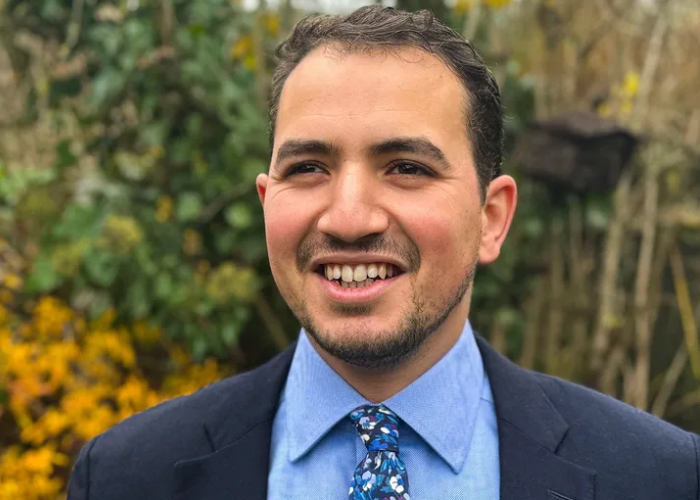
Abdelkader
Harkassi
Imam Abdelkader Harkassi memorised the Qur’an in Fes, Morocco and studied the traditional Islamic sciences at the Qarawiyyin University. He completed his Masters in Historical Research Methods at SOAS and now works in property and as a translator of Islamic texts. He is passionate about Islamic education, in particular the traditional North African method of Qur’an memorisation, which involves writing verses on a Lawh (wooden board).
In Imam Abdelkader’s words: “With the Shifa Mosque, I want to be a part of building a traditional madrassa curriculum that inspires our children and brings out the best in them. I also hope our khutbah’s can address current and pertinent issues, so that our young people grow up closer to Islam and feel its relevance.”
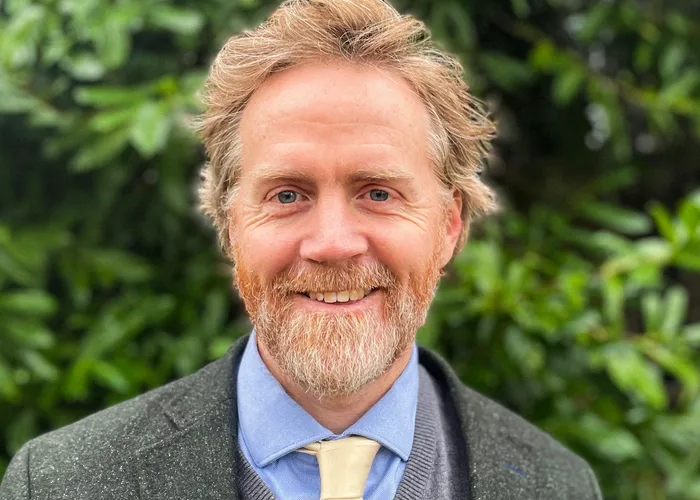
Habib
Bewley
Shaykh Muhammad Habib Bewley studied Islamic Jurisprudence and the Arabic Language at the Qarawiyyin University and Belbahloul Madrasa in Morocco. He holds postgraduate degrees in Arabic from Edinburgh University and Translation Studies from the University of Salford.
He has served as the Imam Khatib at the Ihsan Mosque in Norwich and the Jumu’a Mosque of Cape Town, and has translated several classical Islamic texts, including the Dalail an-nubuwwa of Shaykh AbdalHalim Mahmoud, Fath Mulhim, and Kitāb at-Tahara. He is currently working on an ambitious English translation of the Mudawwana of Imam Sahnun.
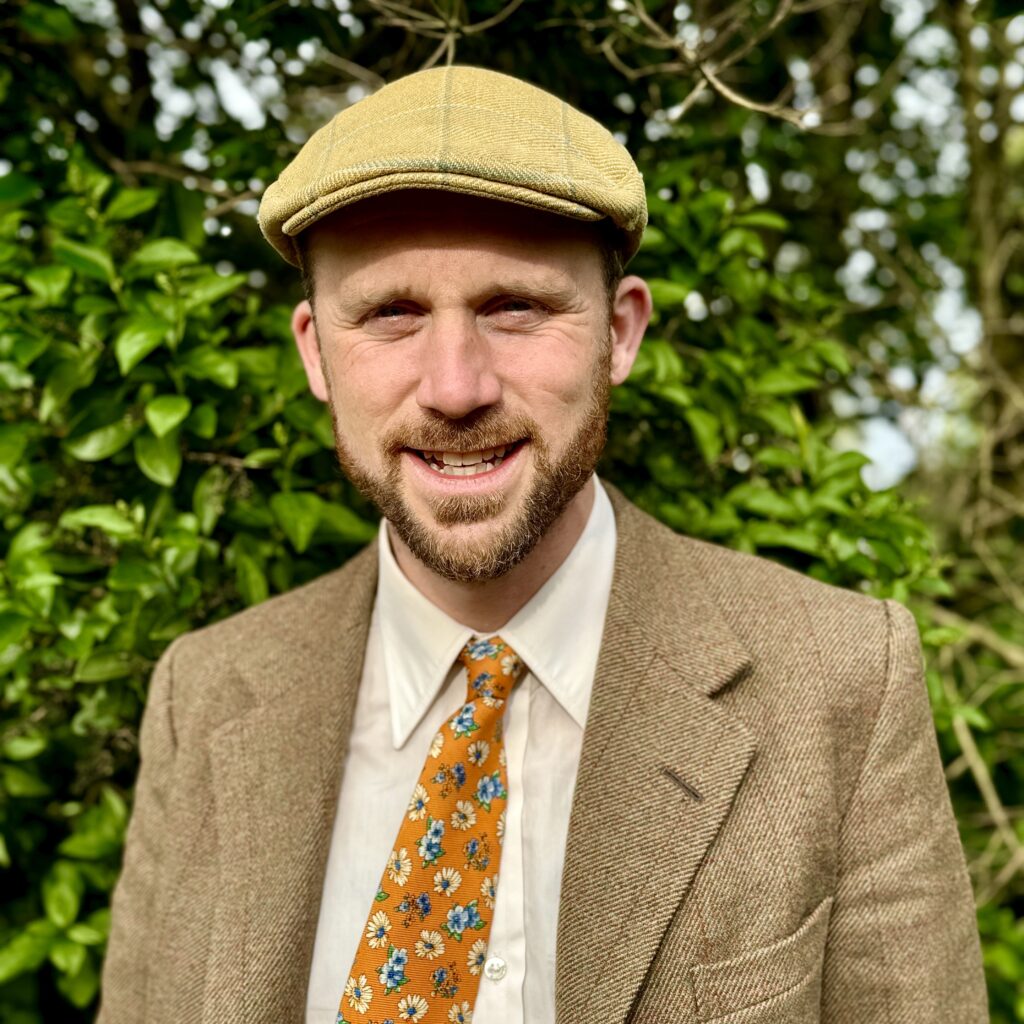
Mujeeb
Gallagher
Following a period of extensive travelling through the Muslim world, Shaykh Mujeeb Gallagher accepted Islam at the hand of Professor Yasin Dutton whilst studying Arabic and Persian at the University of Edinburgh. He has served as a visiting imam in mosques across the UK, and previously ran Finsbury Park Mosque’s new Muslims programme. He practises commercial and civil law as a solicitor.
In Mujeeb’s words: “I want to be part of a mosque that is aligned with the Medinan model of the salaf, which engages both with the wider world and the local community, a place of repose and a place of excitement where people want to be involved and discuss what is happening there.”
Our Team
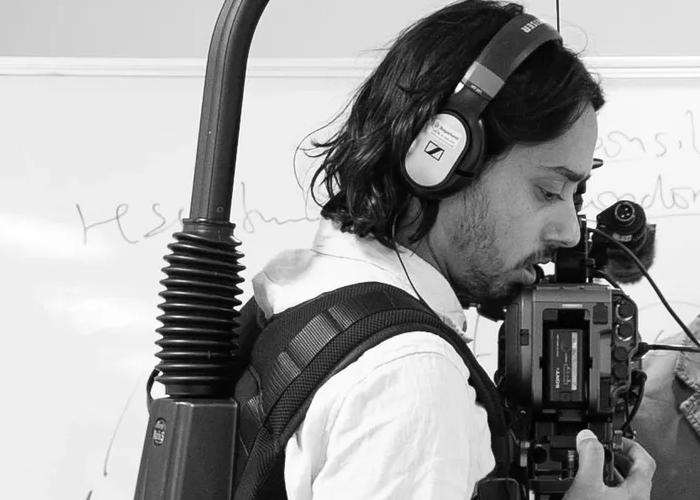
Ahmed
Peerbux
Ahmed Peerbux is a community organiser and award-winning filmmaker working in documentary and drama. He has produced and directed films for a range of broadcasters including Channel 4, BBC1, Vice and BET. He completed his undergraduate and graduate studies in Government & History and International Relations at the London School of Economics (LSE).
In Ahmed’s words: “There are so many ways in which our mosque can enrich local community life, and I’m especially passionate about collecting and distributing zakat locally. Supportive communities are needed now more than ever, especially in a city like London where so many people are lonely and disconnected. I want our mosque to be a place where people forge lasting friendships; a place where people want to linger after the prayer.”
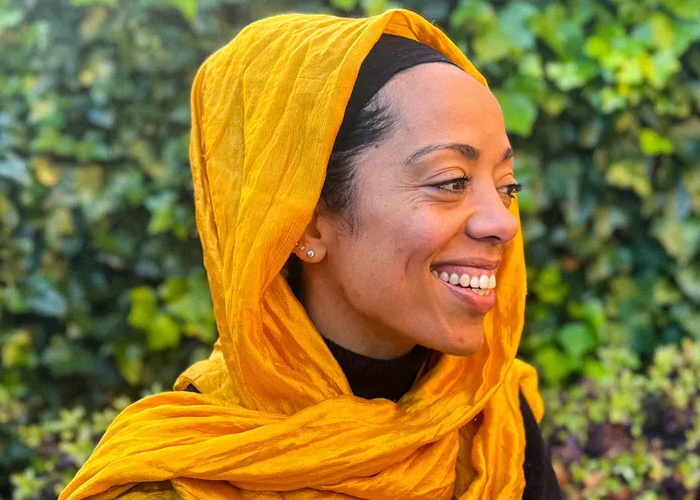
Ruqayya
Bryce
Ruqayya Bryce is an independent researcher, historian and textile artist. The child of African-American and English convert Muslims, she was brought up between the UK, US and South Africa, and moved to London in 2020 to complete her postgraduate studies at the London School of Economics (LSE). She is currently leading a series of Listening Salons in partnership with the University of Cambridge Museums.
In Ruqayya’s words: “Our existing community is diverse in culture and life experience. This is important for a mosque in a city like London which attracts people from all over the world. People who, like me, are often looking for ways to connect on a deeper level and to serve others.”
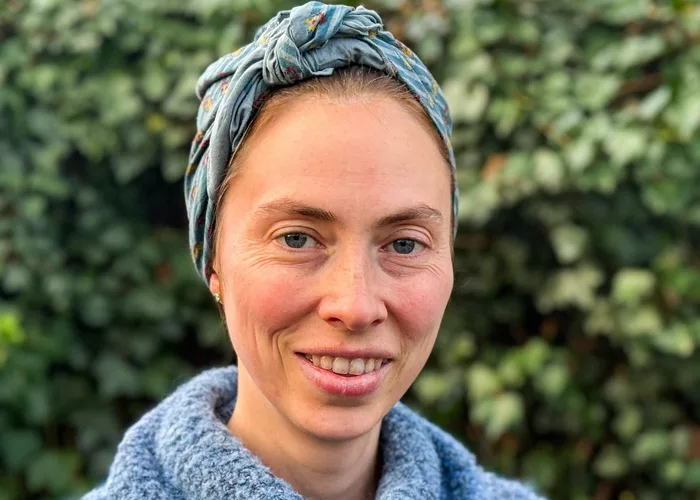
Phoebe
Riley
A born and bred Londoner, Phoebe is an artist. She became Muslim in 2016 after finding a community where she felt she could be Muslim and still be herself. With a background in fashion and costume, she loves using her creative energy to bring people together, working on projects such as South London’s village-fete themed Eid Fayre and the Norwich Free Market, which won a Points of Light Award from the Prime Minister’s Office in 2020.
In Phoebe’s words: “What really excites me about the Shifa Mosque is the prospect of creating a culturally accessible space which both showcases the beauty of Islam to the people of this land and provides a living framework for healthy community, now and for future generations of British Muslims.”
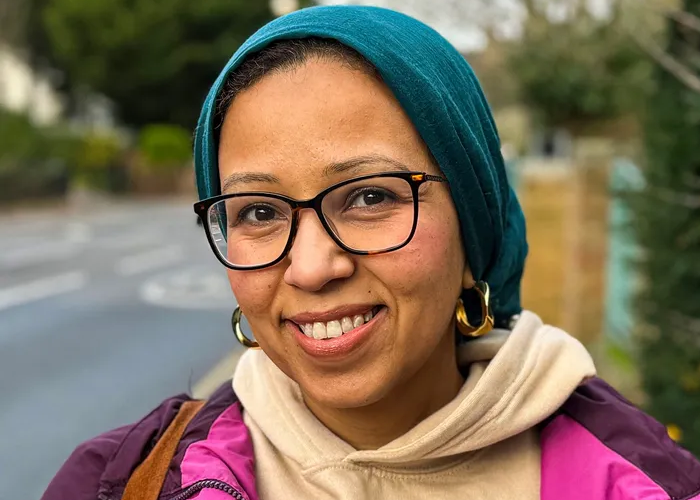
Maiya
Ahmed
Originally from Birmingham, Maiya moved to South London 2001. A pharmacist for more than 20 years, she continues to work in public health and as an Ayurvedic practitioner. She is also a founding member and trustee of Walou, a charity dedicated to the protection and care of street children in North Africa.
In Maiya’s words: “The friendships I built at the mosque during my own childhood and teenage years helped strengthen my deen, and some of my fondest memories are of madrassah classes at the weekends. I have a young son now, and I want him to grow up with a similarly welcoming mosque environment. I want the Shifa mosque to be a place where people can learn about Islam, and a place that gives people a sense of belonging; something that is difficult to find in our fast-paced city. It will be a place of serenity and peace, inshallah.”
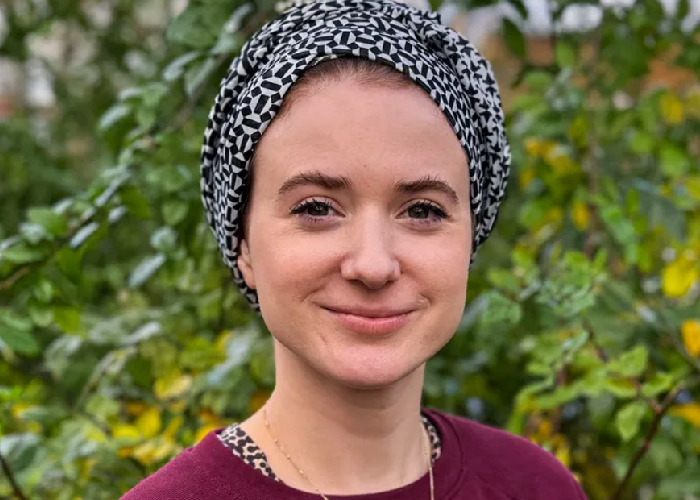
Sabah
Meddings
Sabah has lived in London for the past eight years, where she works as a journalist. However, she was brought up in Norwich, to convert parents, where she was lucky enough to grow up close to one of the city’s mosques where they had regular Quran classes, Eid celebrations and Juma.
In Sabah’s words: “While we didn’t have an extended muslim family growing up, the bonds we made with other children in the mosque community endure to this day. It’s something I would love for my own family to be able to experience in south London, where I live.”
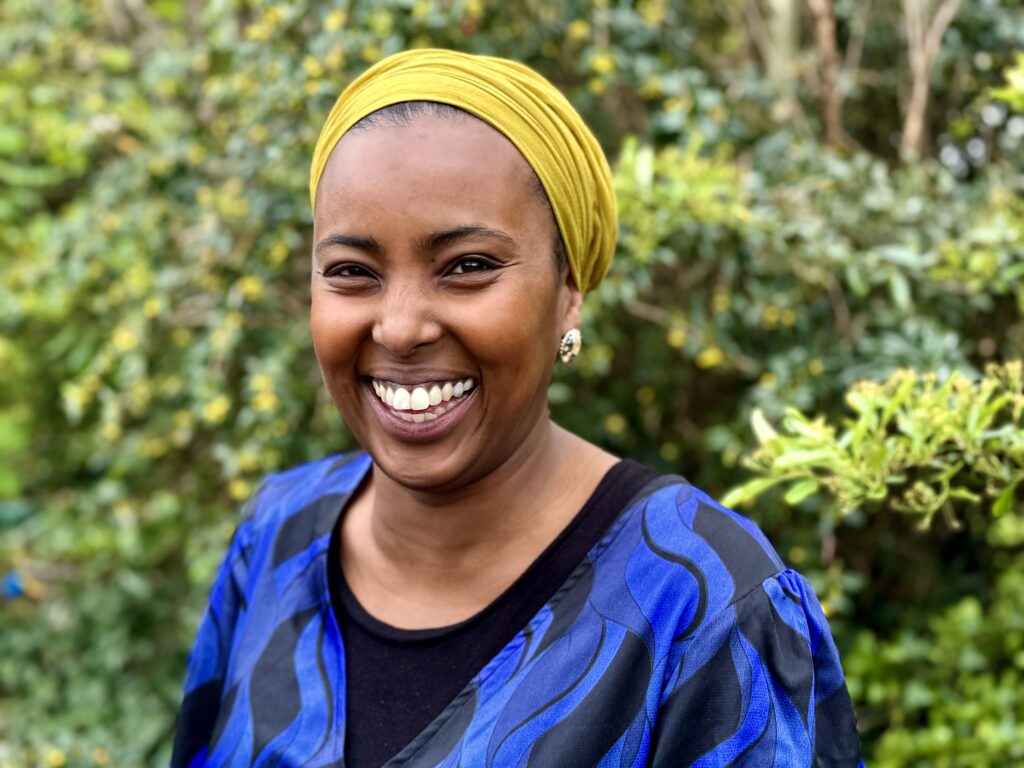
Habon
Ali
Habon is a special needs teacher whose family originally hail from the Horn of Africa. She is passionate about education, and completed her degree in Comparative Literature at SOAS.
In Habon’s words: “I encountered the Shifa community after finishing university. The people I met were so welcoming and at ease within themselves and in wider society, that I felt instantly at home. Now I love spending time with our children, passing on what I have learnt, taking part in creating a living connection to the deen for them, and watching them grow in knowledge, confidence and friendship with each other. It is an honour to be part of such a beautiful and important process.”
